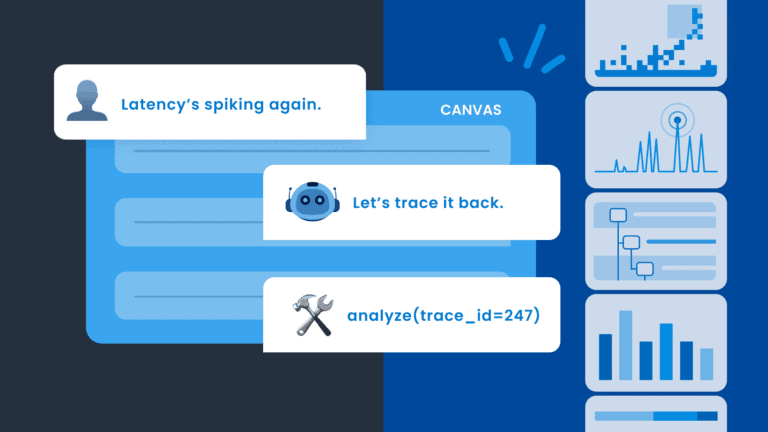Honeycomb is making Canvas generally available, an AI workspace that helps teams with observability without the need for manual queries. The platform converts telemetry data into actionable insights and allows engineers to collaborate on analyses.
Canvas started as a beta project with a clear goal. Teams needed to be able to explore their observability data faster without writing queries every time. The functionality focuses on three points. Teams ask natural questions about their data, and Canvas interprets the intent. The platform generates explanations of anomalies and spikes based on traces and metadata. In addition, colleagues collaborate live via shared analysis boards that are directly connected to existing Honeycomb workflows.
Since the beta launch, hundreds of teams across all price points have been using Canvas. Stripe, HelloFresh, Zeta Global, Duolingo, and Robinhood are among the users. For enterprise customers, Canvas has become a standard tool for investigations.
New functionality in GA version
The version that introduces general availability adds two important features. In interactive conversations, users can mention datasets or columns with the @ symbol. Canvas then automatically retrieves metadata, including recent values and ingest patterns. This should prevent investigations from getting stuck.
Honeycomb has also developed background agents. These agents can assess alerts and conduct preliminary investigations before notifying an engineer. This gives operators more time to solve problems if the root cause is already known. Soon, agents will automatically start investigations when abnormal patterns are detected.
Honeycomb is working on improvements to model guidance to better understand system context and query intent. Integration between Canvas and other Honeycomb components will be deepened. Teams will have more extensive collaboration options.
“Canvas is available to all Honeycomb users. By collaborating together with Canvas, you can learn faster and build more resilient systems,” says Honeycomb.
Tip: OpenTelemetry promises an open standard for observability
